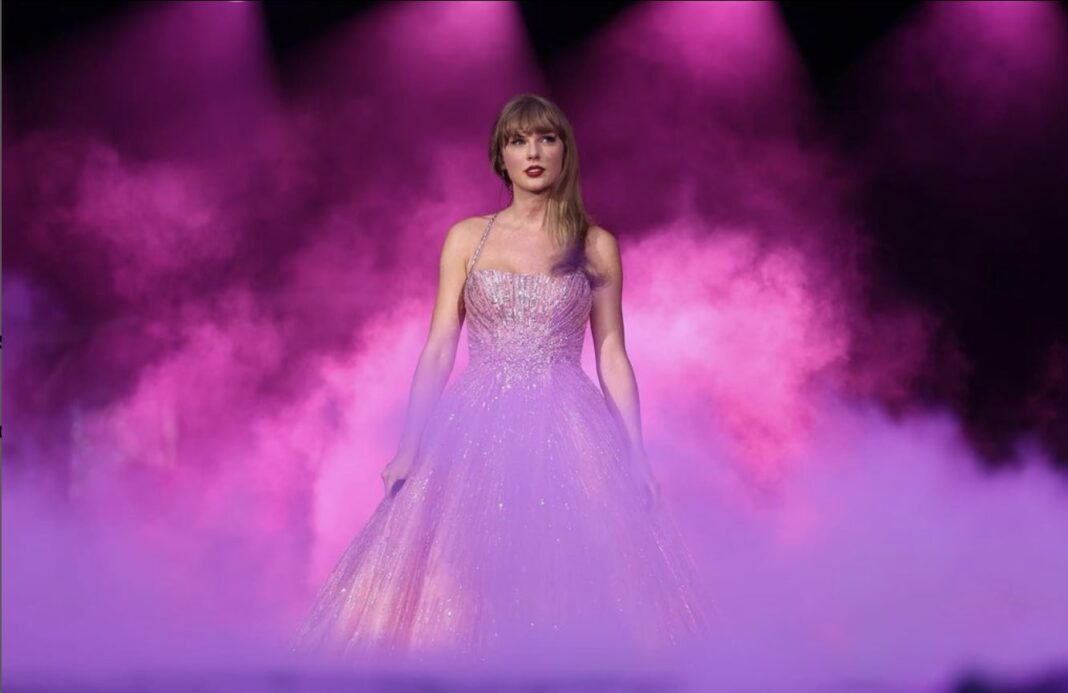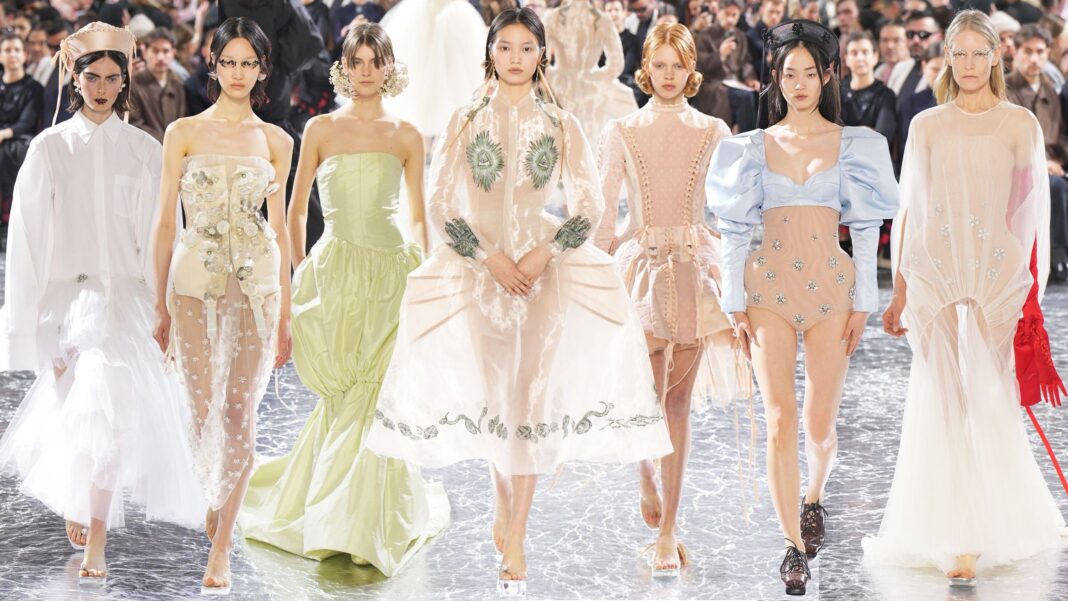Taylor Swift: The intersection of technology and entertainment has given rise to unprecedented challenges, as evidenced by the recent controversy surrounding AI-generated images targeting global music icon Taylor Swift. The unauthorized and offensive use of deep fake technology has not only outraged Swift’s devoted fan base but has also reignited concerns about the lack of regulations governing the creation and dissemination of AI-generated content.
The Incident:
On January 24, 2024, social media platforms were flooded with AI-generated pictures depicting Taylor Swift in a disparaging light. One particularly disturbing image, shared by an account known as @Real_Nafu, showed the singer in a compromising situation at a Chiefs game. Swifties, as Taylor Swift’s fans are affectionately known, swiftly came to her defense, condemning the creation and circulation of such offensive content.
Taylor Swift’s Impact:
As Time Magazine’s most powerful person of 2023, Taylor Swift’s influence extends far beyond the realm of music. Her cultural, political, and economic clout has coined the term “Swiftonomics,” illustrating the substantial impact she has had on the entertainment industry and beyond. From highly successful concerts that generated hundreds of millions in revenue to boosting tourism and raising viewership of sports events, Swift has become a force to be reckoned with.
Concerns About Deep Fake Technology:
The recent surge in AI-generated content, particularly those targeting celebrities without their consent, has raised significant concerns about the lack of regulation in the realm of deep fake technology. Scarlett Johansson’s legal action against an AI app misusing her likeness is a clear example of the need for legal measures to protect individuals from such violations.

The Difficulty of Distinguishing Reality from Fiction:
With the evolution of technology, the lines between reality and fiction are becoming increasingly blurred. The ease with which content can be generated using deep fake applications, often without requiring technical expertise, poses a serious threat to privacy and personal security.
Calls for Regulation:
Prominent personalities, including Pope Francis and lawmakers like Rep. Yvette Clarke, have spoken out against the potential harms of deep fake technology. The proposed DEEP FAKES Accountability Act of 2023, requiring digital watermarking of deep fake content, is a promising step towards addressing these concerns. However, the legislation is yet to be ratified and implemented.
Conclusion:
The Taylor Swift AI controversy serves as a stark reminder of the urgent need for comprehensive regulation in the field of deep fake technology. As the power and accessibility of AI continue to grow, it is imperative to establish safeguards to protect individuals from the malicious use of their likeness. The proposed regulations, if enacted, could play a crucial role in curbing the misuse of deep fake technology and safeguarding the privacy and dignity of public figures and individuals alike.
Taylor Swift:
Read here: Remembering Melanie: Iconic Singer of “Brand New Key” and Woodstock Performer Passes Away at 76



